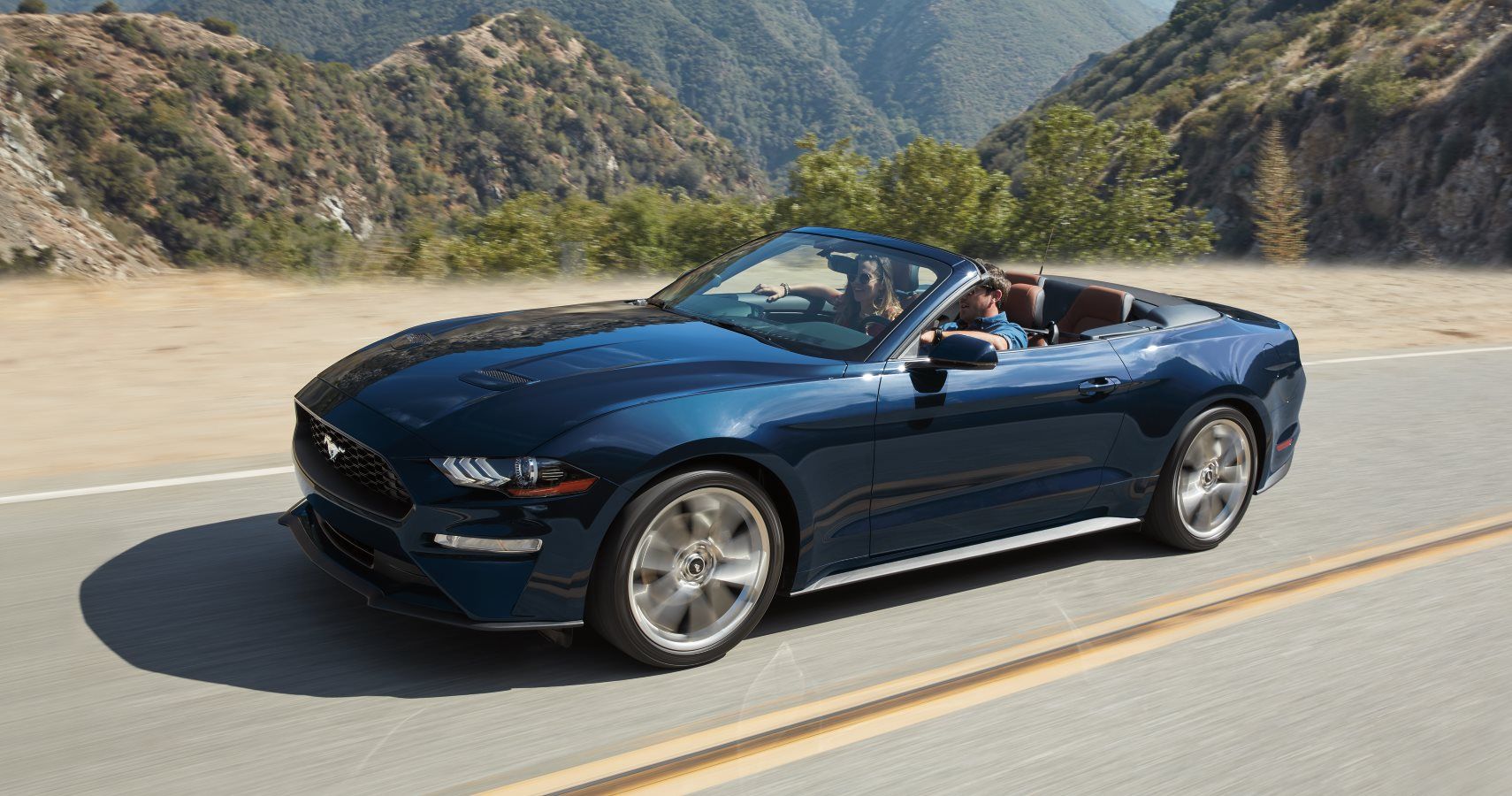A strike in Mexico held up 8,000 Ford Mustangs from being completed thanks to missing steering wheels.
Whether we like it or not, a lot of car manufacturing happens in Mexico where labor is cheap and workers are plentiful. Ford is no exception, with no less than four factories currently building parts and assembling vehicles in the Spanish-speaking country.
However, it wasn’t one of Ford’s Mexican plants that had a strike earlier this year. A strike at a parts manufacturing plant in Matamoros, Mexico actually affected vehicle production over 1,600 miles away in Michigan, where Ford assembles the Mustang sports coupe.
According to the Detroit Free Press, 8,000 Mustangs were left parked at Ford’s Flat Rock Assembly Plant with temporary steering wheels while they awaited deliveries of the real deal from Mexico. Roughly 3,200 workers stayed home for an additional 2 weeks of unplanned downtime on top of the planned shutdown during the week of January 21st.
Currently, things are back to normal with shipments having resumed on Monday. Ford plans to run two shifts at Flat Rock until April 19th to make up for lost production.
RELATED: MUSTANG GT GETS OFFICIAL SUPERCHARGER KIT FROM FORD WITH INSANE POWER
"Earlier this year, Flat Rock Assembly Plant took several weeks of downtime due to a parts shortage," Ford spokesperson Kelli Felker said. "In order to ensure we have enough Mustangs to match customer demand, we extended the two-shift operation for two weeks. The plant will now go to a one-shift operation after April 15."
The Ford Explorer was also affected by the disruption but didn’t need to idle workers waiting for steering wheels to arrive.
Disruptions from Mexican factories are highly unusual as most car manufacturers see Mexico as a very reliable customer for supply parts. The factory in Matamoros that suffered the disruption supplies Ford, Chrysler, Mercedes, Volvo, Mazda, Honda, Toyota and BMW with various components including steering wheels, air bags, and seat belts.
Workers decided to walk off the line after the new Mexican president Andrés Manuel López Obrador promised dramatically increased pay for workers during the election, but then failed to deliver once in office.
NEXT: FORD SAYS UPCOMING ELECTRIC VEHICLES TO FOCUS ON PERFORMANCE


